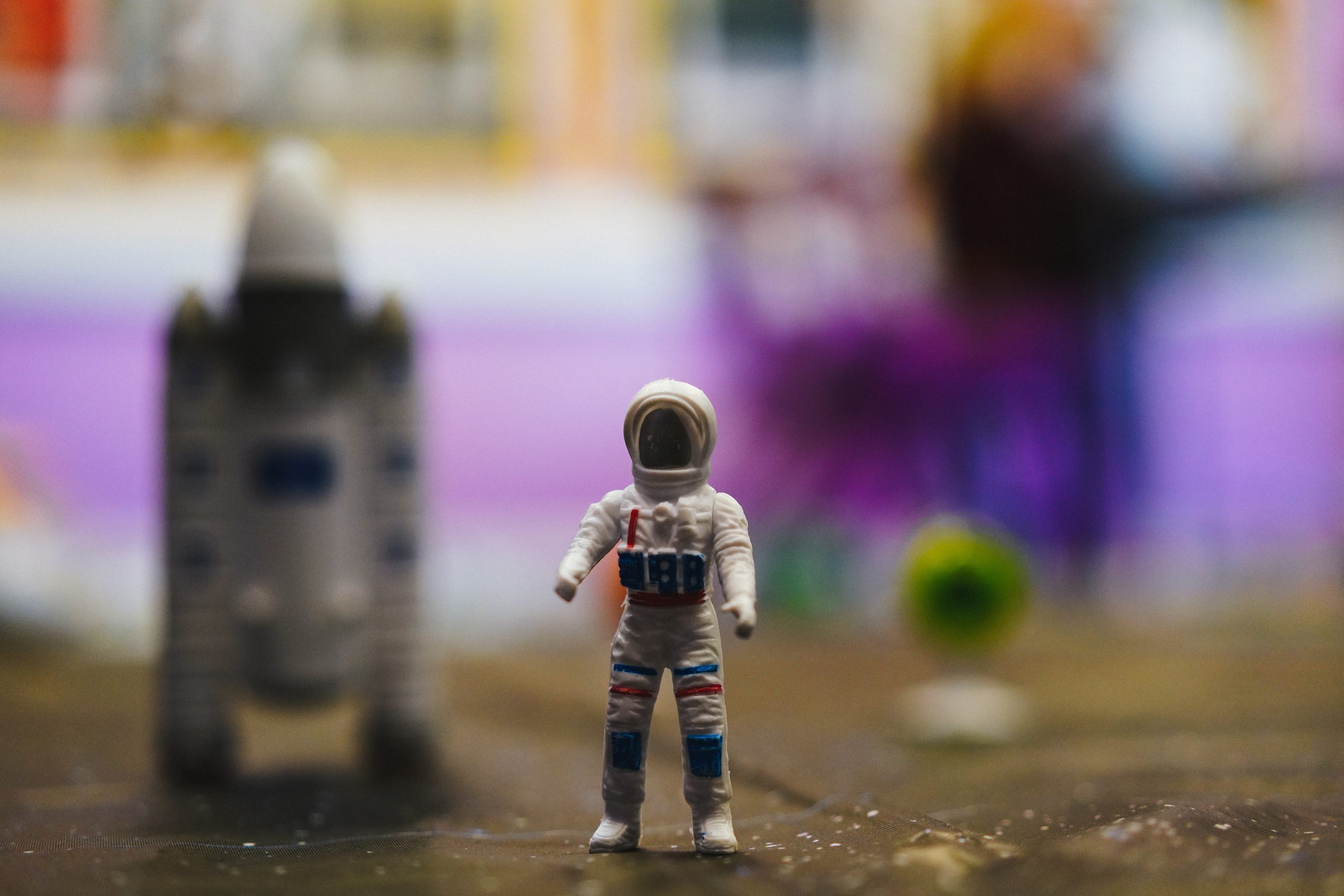okey-panky
Poppies — Fiction by Kit Haggard

Poppies — Fiction by Kit Haggard
On June twenty-first, I woke up in my familiar twin-sized bed with poppies sprouting from my knees. It was the day after the bomb fell and destroyed most of the city I had lived in my whole life. I was not, at first, sure which of these things was real, and which was the dream: would I have to continue on, knowing that nearly everyone I had ever met was now dead, or was it the pain of new shoots pushing up through my pores that was real, and that other, larger pain that was the dream. Like a child, I lay on my back, staring at the grey ceiling of my room, listening to the low rustle of the poppies, pretending that none of it — not even I — existed. Then I called 911.
After automated directions about fallout shelters, a woman with a cool, dispassionate voice came on the line and asked about my emergency.
“There are poppies growing out of my legs,” I said, watching the clean stalk of another seedling press against the inside of my skin. It was green and coiled in on itself like a fetus.
“Is this an emergency?”
“I don’t think I can walk,” I said.
“Unless you’re in critical condition, I advise you to seek home care. There are people dying in all the hospitals.”
“I’m sorry, I know, of course,” I said, and hung up the phone. As an experiment, I pinched off the red budding head of a stalk, which began to drip blood onto my sheets, and then onto the floor. Wherever the stain touched, more poppies pressed up, blooming out of the carpet, the exposed edge of the mattress, my shins and the torn-up beds of my fingernails. I wondered if I was anaesthetized, or dead. I called you, but the landline was disconnected.
After that, I slept for a while, and dreamt that a boy with sticks for hands came into the bedroom to say that we were all going back to where we came from, and as he said so, turned into a tree, tearing up the floor by the window with his roots. When I woke again, I could not be sure it was a dream. The face of my building had collapsed, and the remaining rubble and brick was threaded with branches. I had thrashed in my sleep, and the poppies covered the mattress, my legs, the bottom halves of my arms. I lifted my hand to look at the thick clusters of flowers there, so dense, it was like I didn’t have hands at all. As I stood, I could hear the stalks breaking and the faint, spry sounds of growth everywhere I walked.
In the kitchen, I ate fumblingly, surprised that my body still required the same things that it had before. Shouldn’t things be different now (outside, a woman passed with hundreds of mice in her hair; one of her legs had been broken, and she cried to drag it under the weight of all them) shouldn’t it be that my living skin might subsist on sunlight? I lay on the kitchen floor, made heavy, and watched the changing clouds or smoke drift over through a hole in the roof. If I slept, it was only momentary, churned briefly through the terrible machinery of dreams. The pain was dull and thin now, like humidity, like a blunt object.
In the evening — if it could be called evening, with a sulfuric lump of light rising up out of the east — the radio came on. It did this by itself. The stalks growing from my arms had become so entangled with those growing out of the floorboards that I could hardly move at all. It only hissed, and began playing one pop song over and over. I knew it from somewhere, and was made instinctively sad, but could not remember why. When the wind came in through the missing wall of the apartment, the sound of the flowers brushing up against one another was so loud it drowned out the music.
Around three a.m., the song stopped playing. “Hello?” said my mother’s voice from the radio. “Hello?”
“Mamma,” I said. “I’m here.”
“Hello? Can you hear me?”
“I’m here, I’m here. Please don’t hang up.”
“You’re so quiet.”
“I can’t move.”
And she said, “Where are you?” and I thought that something very terrible must have happened to her, and that she was standing somewhere as a field of wheat, or a rosebush, and could not remember the things that had come before.
“I’m at home. My apartment — ”
“Your apartment,” she said, and her voice began to crumble into static; great chunks of it simply broke off and fell into the sea of white noise. The sound hissed for a while, ebbing in, and then cut out. Everything was very quiet in its wake. I could hear the shoots spreading, budding out of places I had touched all across the room. They were a part of me, so I could feel the tiny winged creatures hatching and nosing blindly into stalks beside the fridge, and the colony of ants that had come up out of the exposed floor. I no longer felt the pain of them at all. Instead, the sturdy blooms at my back lifted me slightly, and I was pillowed. One seed began to unfurl ever so precisely in the cool bed of my right eye, then the same in my left, and I was blind. There was very little of me left. I could not remember things, like the bomb that had destroyed the city, or that nearly everyone was dead, perhaps even my mother, perhaps even me. The roots of the poppies reached back through the channels behind my eyes and dug their pale fingers into my brain. It was not bad to be a field of poppies, even if we were inside an apartment building. Eventually, a little rain began to fall through the hole in the roof, and all we could know was the absolute pleasure of growth under this fine mist.
I thought that would be the end, but we woke later, all unsettled. Without eyes, we looked up. I could not be sure where we were, only that it was dark, and something was moving through the poppies toward me, at its center, though really there was very little of me left. I thought of the roots of a sapling, breaking a clay pot but holding the soil’s shape; perhaps this had happened to my body. Someone continued forward through the shoots, stepping carefully around us, and without seeing, I knew it was you. For a moment, I thought that you had come back, and sat beside the bed where I was dying, but instead, I was not dying, and the bed was not my own, but a bed we had shared once, and there had been no bomb, but only some slight sound in the night, and I had rolled over, and you were asleep.








